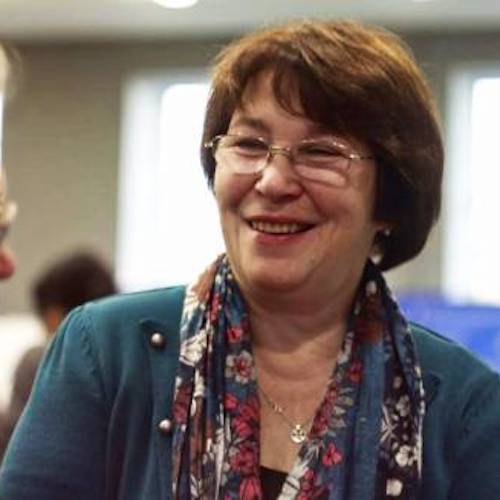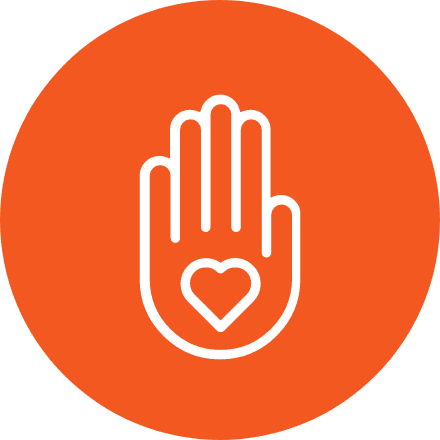Olga worries about
COVID-19 misinformation.

"I am worried about the uncertainty: I want to understand how long it can last. Disturbing rumors, gossips, unverified information are being spread like a virus (including from my friends)."
Olga, Russia
Meet Olga
At first, it seemed that COVID-19 would not concern us: China is far away! Scary stories happen in Asia and Africa! Then it turned out that it suddenly crossed borders and ended up here.
I belong to those older people who became a “layer” between generations in the family. I have to help my mother (she is 93 years old), my children, and my grandchildren. Now I can’t communicate with my grandchildren and children (and I really miss them). My mum doesn’t leave home, so I bring her food and medicine. Days ago, this was an occasion to talk, but now I must come early in the morning, when she is still sleeping, unload the bags and quickly leave. We can communicate only by telephone.
I am worried about the uncertainty: I want to understand how long it can last. Disturbing rumors, gossips, unverified information are being spread like a virus (including from my friends).
There are problems with access to medical care. Yesterday my daughter tried to call the district hospital, but she couldn’t get through. Not a single phone number answered.
The media speak of older people as a risk group. They try to warn, explain, scare us. But apparently, younger people get sick too.
It seems to me that statistics have not yet been compiled. The picture is unclear and therefore it is still difficult to evaluate the actions of the government. This can be done later when the COVID-19 wave passes away. A week ago, I saw cheering, positive photos of volunteers who are ready to provide assistance. Now it turns out that they can also spread the virus. Restricting outdoor movement seems reasonable. At the same time, the closure of some underground stations seems to me an unjustified measure. This means that people will more actively use those stations and lines that are open, which means crowding.
My family members support each other, especially older people. We regularly call each other, and even had dinner “together”, on Skype. I call my older friends, asking if they need help.
When the situation gets better, I don’t want to remember the panic, hysterical people in supermarkets. The sense of value and fragility of human life will remain. It is a new experience having the desire to make life fulfilled and conscious while staying home. The new knowledge is especially valuable. Suddenly, it turns out that what used to be a “duty” (communication with my mum, helping my grandchildren) is also a great pleasure and joy. I want to hug them all – I used to do this automatically.





